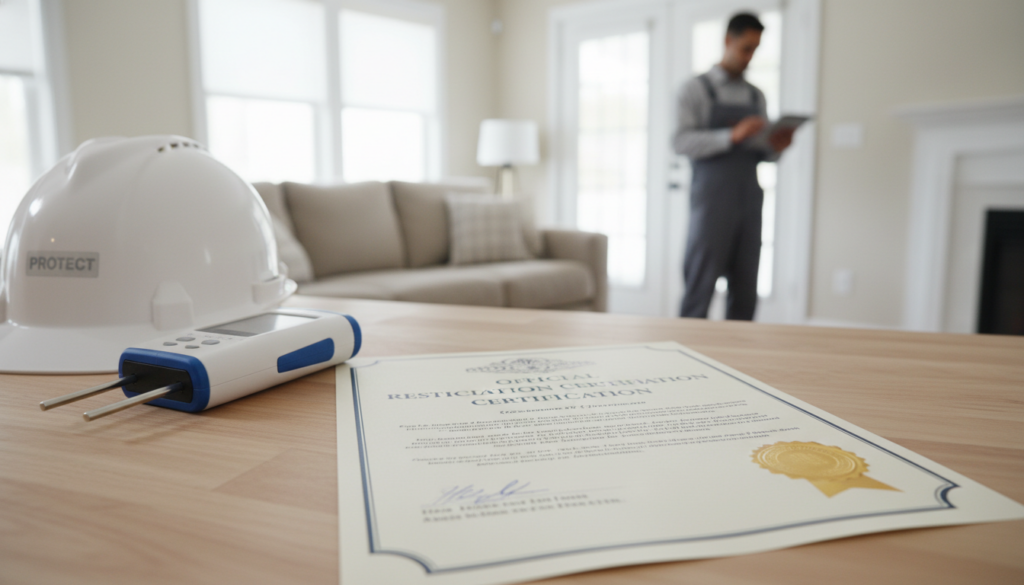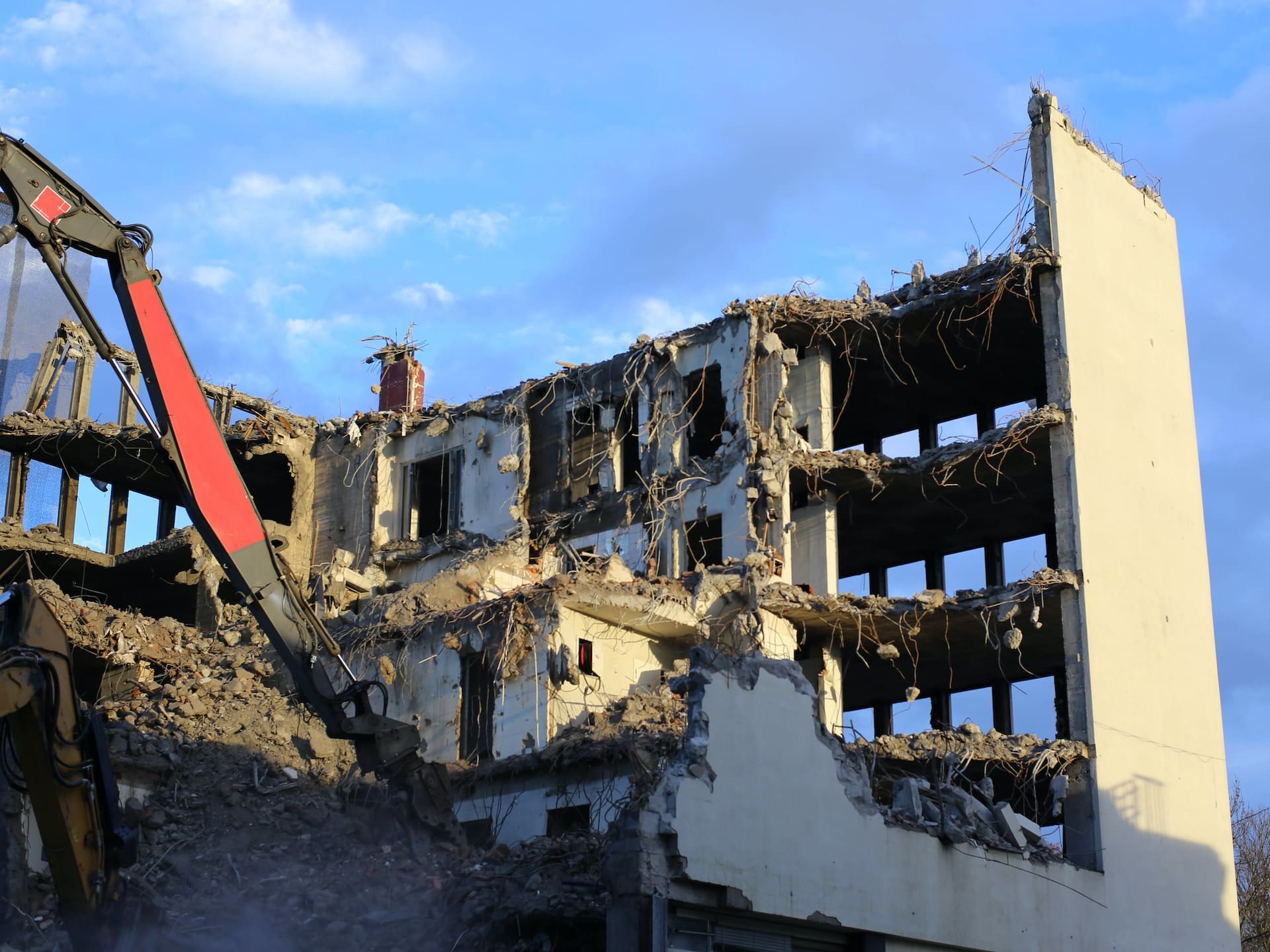When disaster strikes, whether it’s a flood, fire, mold infestation, or asbestos discovery, you need a restoration company you can trust. Your home or business is a significant investment, and you want to ensure the restoration work is done safely, effectively, and in compliance with all regulations. This is where restoration licenses and certifications become crucial. They are not just pieces of paper; they represent a commitment to professionalism, expertise, and your peace of mind.
Why Licenses and Certifications are Essential
Choosing a licensed and certified restoration company is paramount for several reasons:
- Expertise and Training: Licenses and certifications demonstrate that the company's technicians have undergone rigorous training and have proven their knowledge of industry best practices. They understand the proper techniques, safety protocols, and equipment needed to handle various restoration scenarios.
Key Certifications in the Restoration Industry
Several certifications are recognized as benchmarks of quality and expertise in the restoration industry. Here are some of the most important ones:
- Institute of Inspection, Cleaning and Restoration Certification (IICRC): The IICRC is a globally recognized certification and standard-setting organization for the inspection, cleaning, and restoration industries. IICRC certification signifies that a company's technicians have received comprehensive training in specific areas, such as water damage restoration, fire and smoke restoration, mold remediation, and applied structural drying. IICRC-certified professionals are committed to following industry-approved procedures and staying up-to-date with the latest techniques. This certification is a strong indicator of a company's commitment to quality and professionalism.
(Image: IICRC logo)
- Licensed Mold Remediation: Mold remediation involves handling potentially toxic mold spores, which can pose serious health risks. A licensed mold remediation professional has the training and expertise to safely contain and remove mold, prevent its spread, and address the underlying moisture problem. Many states, like New York, require specific licensing for mold remediation.
The Value of a Certified Restoration Company: Peace of Mind
Choosing a certified restoration company provides invaluable peace of mind. You can be confident that:
- The work will be performed by trained and qualified professionals.
Upper Restoration: A Commitment to Excellence
At Upper Restoration, we understand the importance of licenses and certifications. We are proud to hold certifications such as EPA lead certified, NYS mold and asbestos certified, and IICRC certified. This reflects our commitment to providing the highest quality restoration services while prioritizing the safety and well-being of our clients and our team. We believe in continuous training and staying up-to-date with the latest industry standards to ensure we deliver the best possible results.
Verify Before You Hire
Before hiring any restoration company, it's crucial to verify their licenses and certifications. Don't hesitate to ask for proof of these credentials. You can also check with your local licensing board or the certifying organization (like the IICRC) to confirm their validity.
Conclusion: Choose Wisely, Choose Certified
When faced with property damage, choosing the right restoration company is a critical decision. By selecting a licensed and certified provider like Upper Restoration, you're not just hiring a contractor; you're investing in your peace of mind, knowing that your property is in the hands of qualified professionals who prioritize safety, quality, and compliance. Don't settle for less – choose a company that demonstrates its commitment to excellence through verifiable licenses and certifications.
Contact Upper Restoration today to learn more about our qualifications and how we can help you with your restoration needs.




